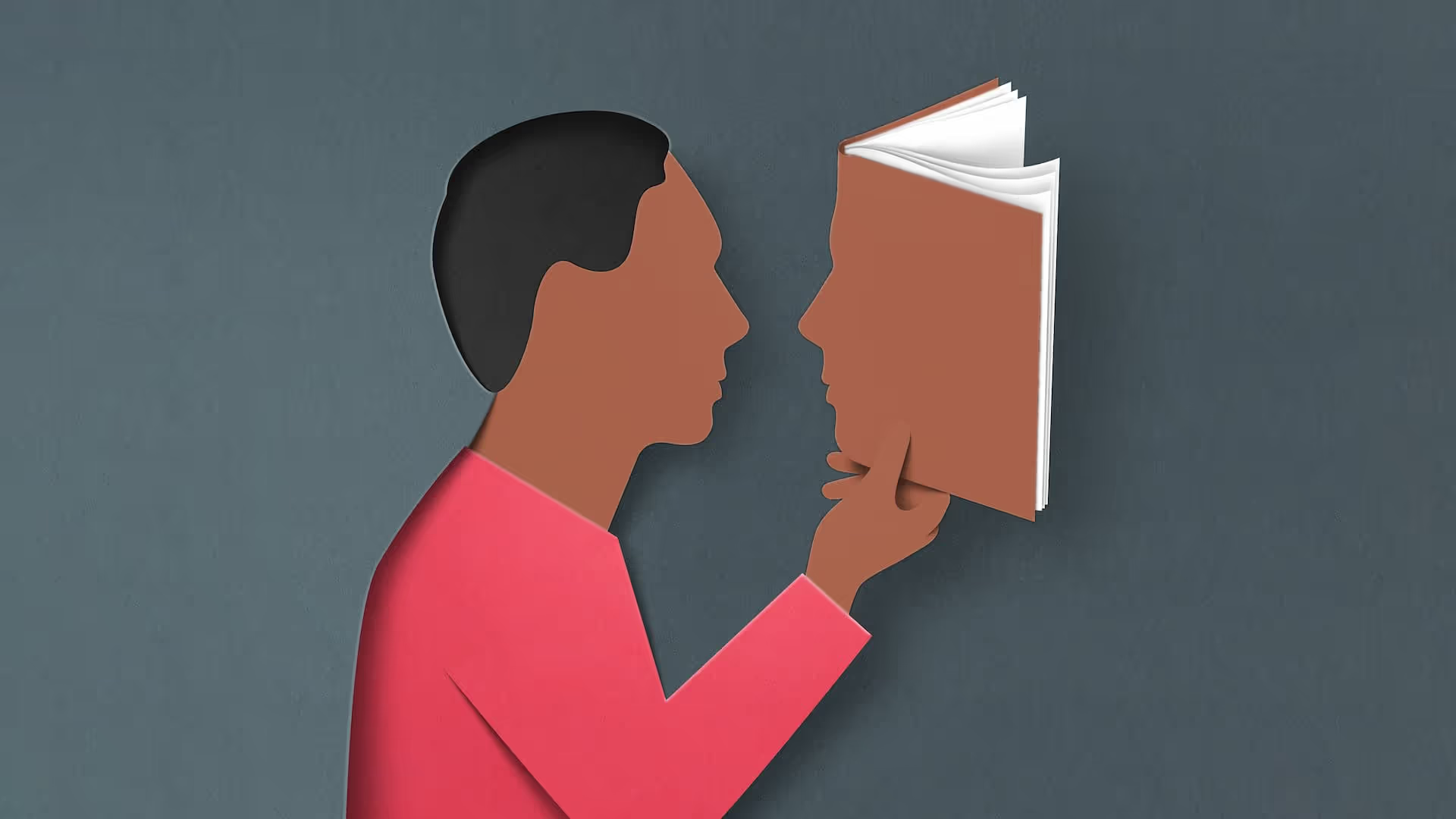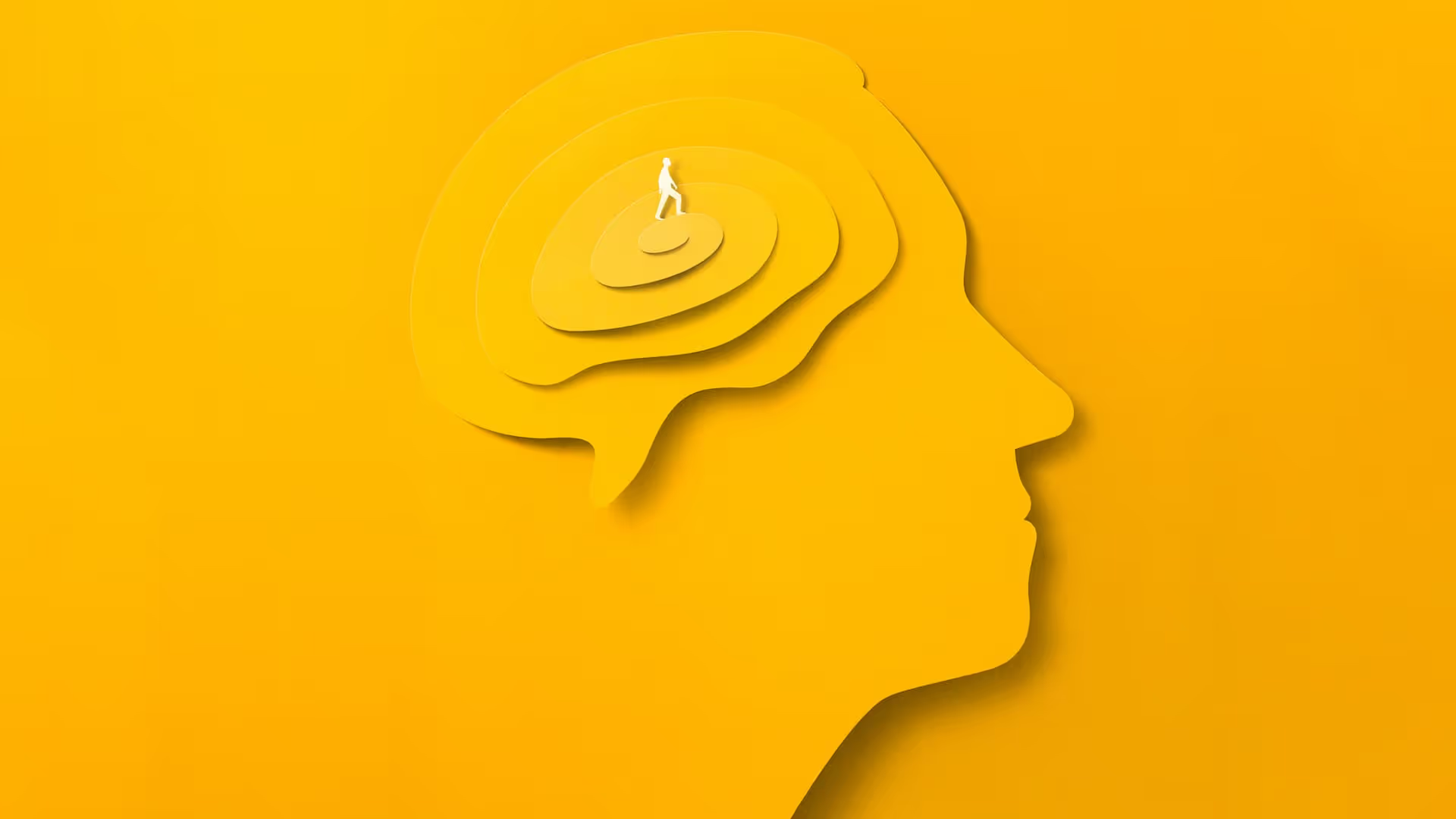Basics
Adverse Childhood Experiences (ACEs) can be highly stressful experiences that can happen to any of us before we turn 18.

The original ACEs study strongly demonstrated the link between adverse childhood experiences and poor health and life outcomes in adulthood. In the years since, there have been many studies looking at how to break that link. Explore the science below on how we’re learning to prevent, protect, and heal from ACEs and toxic stress. Learn more about the many factors of resiliency below.
Healthy relationships are a powerful counterbalance to adverse childhood experiences. A growing body of research is showing that healthy relationships can cushion stress and reduce, or even erase, the negative health impacts associated with ACEs.
Nurturing relationships and social support have been shown to lower blood pressure and stress hormone levels, improve our immune system, and decrease inflammation and risk of cardiovascular disease.
Learn more about the science behind healthy relationships in the California Surgeon General’s Roadmap for Resilience Report on pages 98-101. And get tools to build healthy relationships here.
A growing body of evidence shows that mindfulness practices like meditation, yoga, and breathing techniques may promote healing from ACEs and toxic stress for both adults and children. Mindfulness cultivates a non-judgmental “space” between stimulus and response that has been shown to decrease shame and increase acceptance, self-compassion, and empathy, while building emotional resilience.
Mindfulness practices help to, quite literally, rewire the brain to activate the regions in charge of things like attention, emotional regulation, and weighing consequences, while balancing the sympathetic and parasympathetic activity of the nervous system.
Learn more about the science behind mindfulness practices in the California Surgeon General’s Roadmap for Resilience Report on pages 112-114. And get tools for starting a mindfulness practice here.
There is ample evidence linking various types of behavioral and mental health therapies with improved outcomes.
Learn more about the science behind behavioral and mental health care — and details on different types of trauma-focused therapies — in the California Surgeon General’s Roadmap for Resilience Report on pages 117-124. And get steps for getting help yourself here.
Physical activity is key to good health. It’s been shown to reduce risk of cardiovascular disease, diabetes, and mental health disorders. It also improves memory, attention, cognition, and immune function.
For children and adults alike — especially important for those of us with ACEs — movement can help regulate the stress response and build resilience factors.
Learn more about the science behind movement in the California Surgeon General’s Roadmap for Resilience Report on pages 108-111. And learn ways to build movement into your life here.
Sleep is complicated when it comes to ACEs. On one hand, several different types of sleep disruptions have been associated with children and adults with ACEs, from chronic nightmares to insomnia.
But poor sleep is linked with poor health outcomes too, like increased risk of heart disease, depression, and diabetes. For children, poor sleep can lead to impaired neurocognitive development, social emotional skills, health, and family functioning.
Learn more about the science behind sleep in the California Surgeon General’s Roadmap for Resilience Report on pages 101-104. And get tools to increase the odds for a good night’s sleep here.
Nature has a profound impact on our well-being and health. Exposure to nature can lead to lower heart rate and blood pressure and decreased rates of diabetes, depression, heart disease, and early death.
Green space and nature have been associated with lower crime rates, less violence, and increased social connections, where loss of green space has been linked to increased crime and higher rates of cardiovascular and respiratory deaths.
Not surprisingly, nature has also been shown to calm the stress response system and foster healthy behaviors like physical activity, mindfulness, and healthy relationships.
Yet access to nature isn’t distributed equally. The populations with the highest incidence and risk of ACEs are often the ones with the least amount of safe green space.
Learn more about the science behind access to nature in the California Surgeon General’s Roadmap for Resilience Report on pages 114-117. And find ways to enjoy the benefits of nature here, no matter where you are.
ACEs have been linked to a higher risk of obesity and diabetes, as well as eating disorders like anorexia nervosa and bulimia.
The relationship between stress and nourishment can be complicated though. Malnutrition can activate the stress response, and stress can affect our digestion, metabolism, and behavior towards food.
This complex linkage is borne out in science. Patients with eating disorders have been found to have higher cortisol levels, while obesity is linked to physiological stress, chronic inflammation, and oxidative stress.
Learn more about the science behind nourishment in the California Surgeon General’s Roadmap for Resilience Report on pages 104-108. And find ways to nourish yourself here.

Adverse Childhood Experiences (ACEs) can be highly stressful experiences that can happen to any of us before we turn 18.

Adversce Childhood Experiences (ACEs) and toxic stress literally get “under the skin.”
Click here if you are in crisis and need help right now.